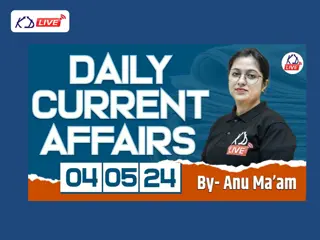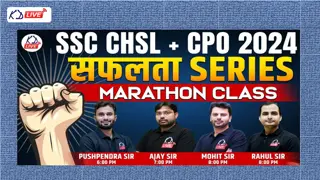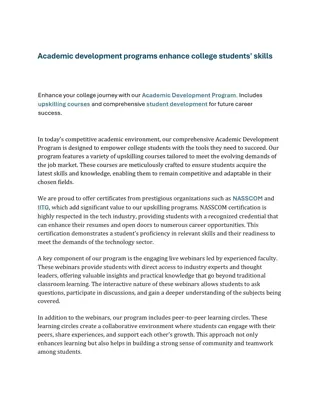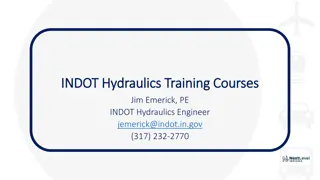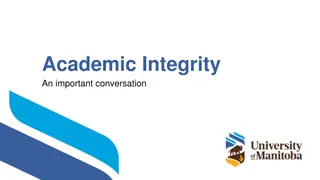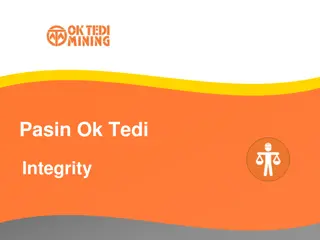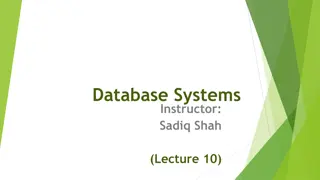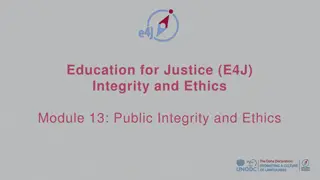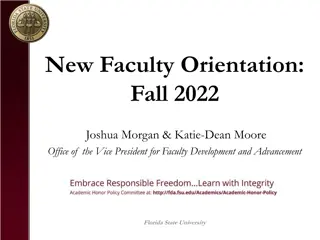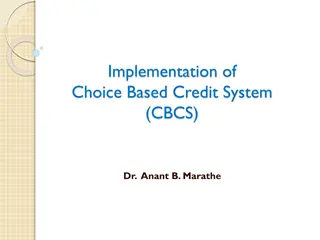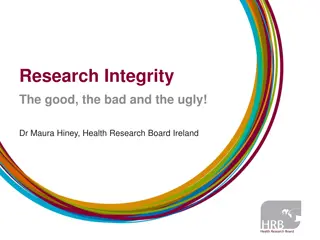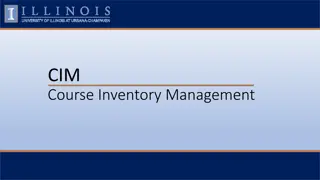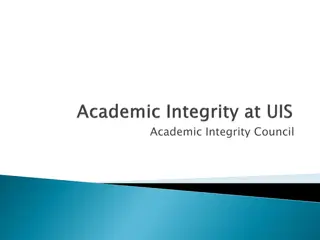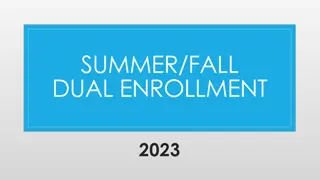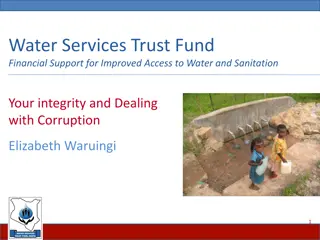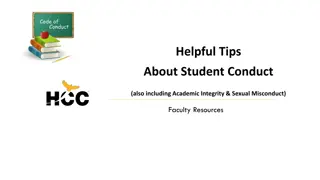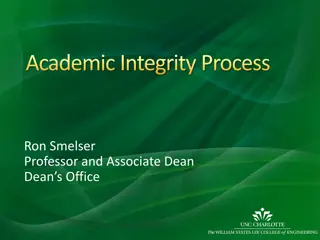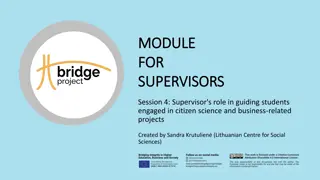Enhancing Academic Integrity in Online Courses: Best Practices
Explore recommended procedures and practices to promote academic honesty and quality in online courses, including secure testing technologies, communication strategies, faculty training, and approaches for high-stakes testing. These guidelines aim to uphold academic integrity and enhance the online learning experience for students.
Download Presentation

Please find below an Image/Link to download the presentation.
The content on the website is provided AS IS for your information and personal use only. It may not be sold, licensed, or shared on other websites without obtaining consent from the author. Download presentation by click this link. If you encounter any issues during the download, it is possible that the publisher has removed the file from their server.
E N D
Presentation Transcript
BEST PRACTICES FOR PROMOTING ACADEMIC HONESTY IN ONLINE COURSES September 20, 2016 Center for Faculty Excellence Brownbag Presentation Caryn Lanzo Center for eLearning
Security and Quality in Online Courses Admissions and Standards Committee recommended procedures and recommended practices to promote academic integrity and quality of online courses Admission and Standards Committee and eLearning Committee will be joint owners of the procedures and practices Disseminate information, get feedback, pilot courses
Security Required procedures Recommended practices for online testing Technologies for online testing https://www.csuohio.edu/center-for-elearning/test-proctoring-and-security Tegrity Remote Proctoring http://www.mhhe.com/tegrity/products/remote-proctoring.html Proctor U https://www.proctoru.com/ Respondus LockDown Browser https://www.youtube.com/watch?v=_dCpcSQf0sA Respondus Monitor http://www.respondus.com/products/monitor/movie-monitor.shtml Recommended practices for online assignments (Writing) Turnitin https://guides.turnitin.com/03_Integrations/Turnitin_Partner_Integrations/Blackboar d/Blackboard_Learn/Blackboard_Basic/Instructor_User_Manual/01_Creating_a_Turni tin_Assignment Communicating policy to students
Quality Faculty Online Teaching and Design Course (FOTD) CSU Template Faculty teaching online must participate in one educational activity per year beyond taking FOTD Encourage QM standards and training
High Stakes Testing Instructors should consider use of proctoring tools Blended courses could have f2f testing requirements Departmental space / registrar s office Single time slot Center for eLearning to develop a procedure to work with students who cannot attend f2f testing alternate proctoring site/ online live proctoring student to absorb cost
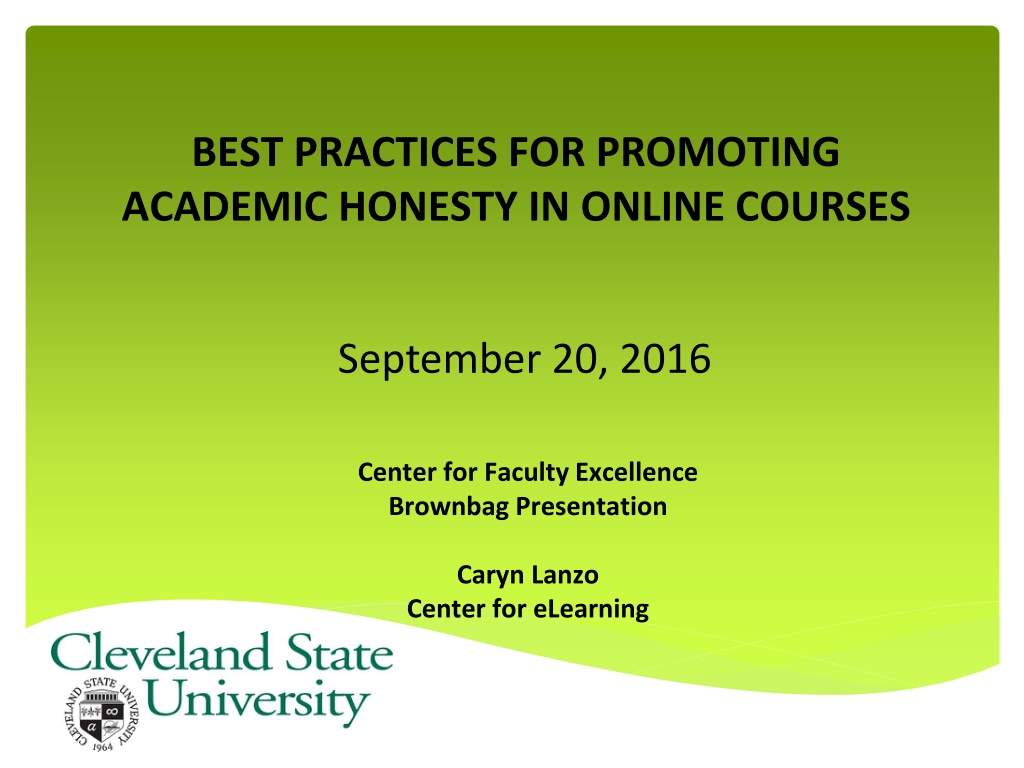
 undefined
undefined







